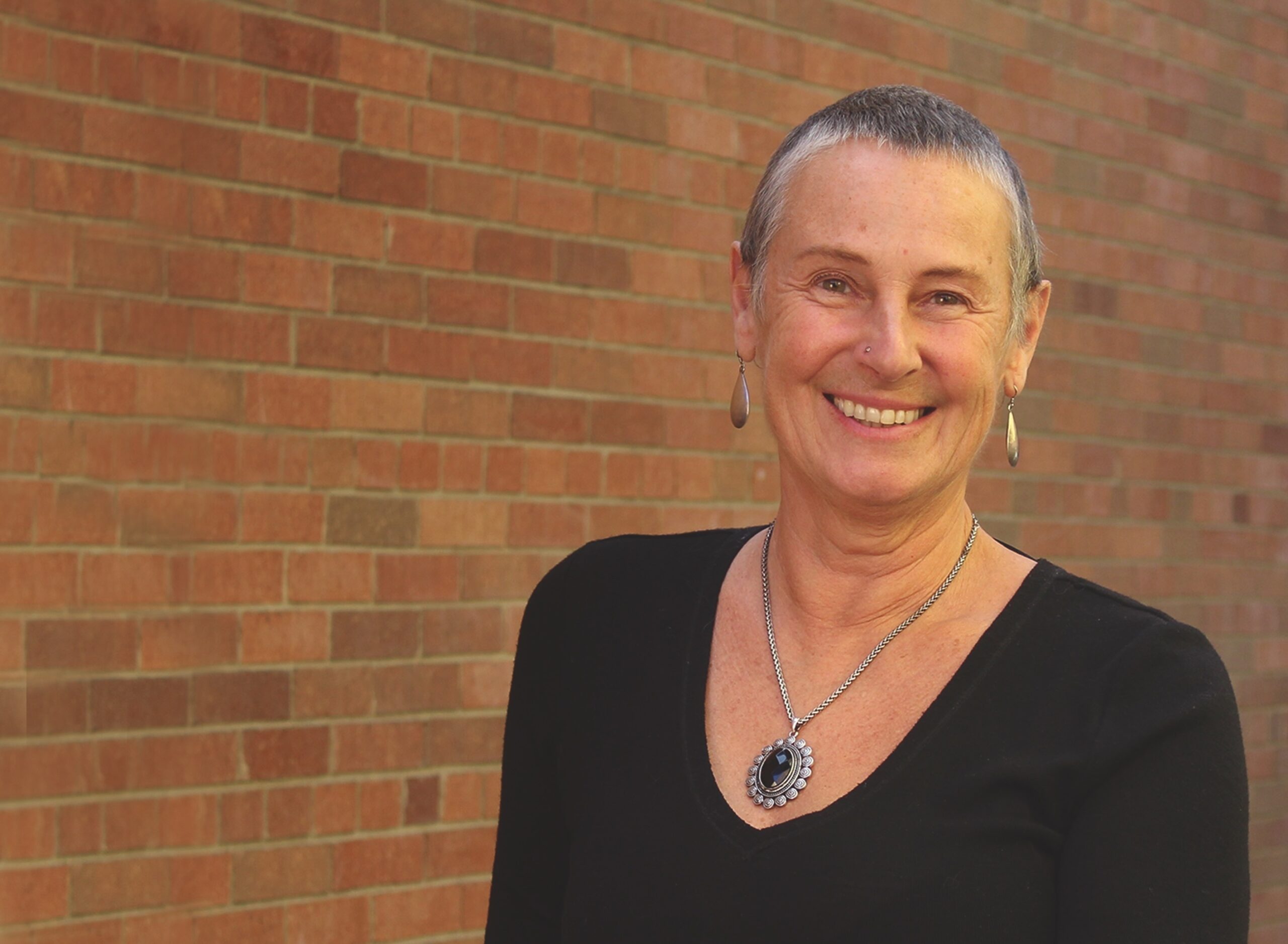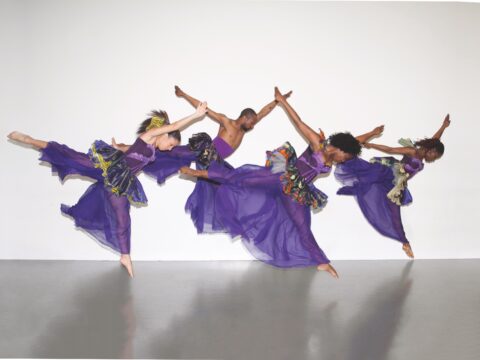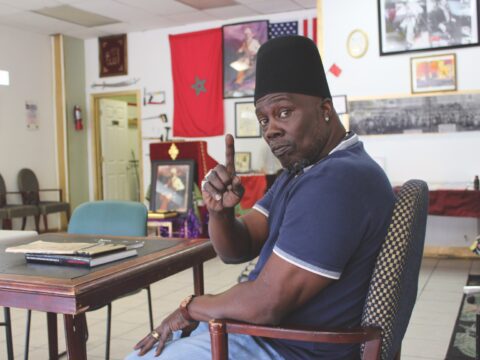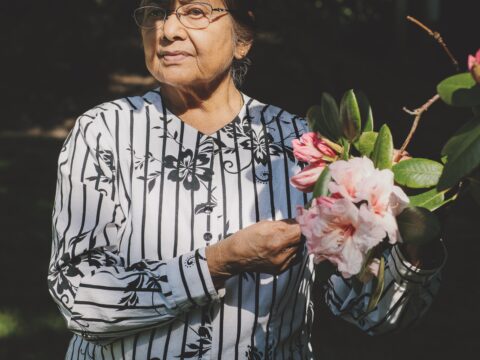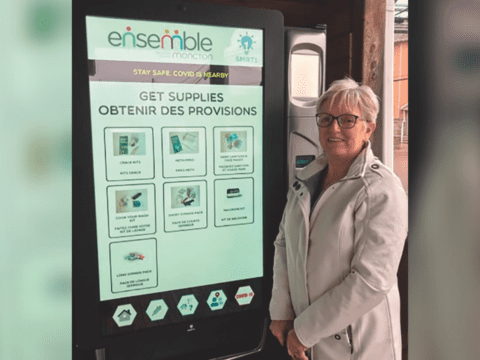Julie Macfarlane, professor emerita of law at the University of Windsor, Ont., founded the National Self-Represented Litigants Project in 2013 after studying the barriers facing non-lawyers in accessing the legal system. In the 1980s , about one percent of people represented themselves in court. Today, in family courts, it’s over half. Macfarlane was named a member of the Order of Canada in 2020. Her most recent book is Going Public: A Survivor’s Journey from Grief to Action.
Motivation: The vast majority of self-reps are people struggling to follow rules and unable to afford expert assistance. We saw all kinds of trauma and PTSD (post-traumatic stress disorder) and stress and anxiety that affect people’s health and their mental health. It’s incredible the impact that this can have on someone’s life.
Barrier: There is an inevitable cognitive dissonance that goes on for judges when they are listening to a person who’s representing themselves compared with someone who’s trained as a lawyer. There’s this idea that these are people who are coming to disrupt and to make trouble.
Humanizing: I invited 60 participants to spend the weekend discussing the recommendations from [a] report and what we should do with them. They included judges, lawyers, legal aid directors, policy makers, and 15 self-represented litigants. I had lawyers and judges saying, “I just had an amazing conversation with this woman—and she’s a self-represented litigant!”
More on Broadview:
- Jael Richardson on truly diversifying publishing
- Canada came through for me. Not so for Sacha Bond.
- Canadian Jesuits call for the release of 83-year-old human rights defender
Adapting: At the core of this is understanding that people will pay for legal services, but they will also want to do some of the work themselves if they can save money. And that means lawyers need to start thinking about working with their clients.
Small victories: When we first moved into virtual hearings at the beginning of the pandemic, one of the things that I started to hear was that it’s very scary to have your video on rather than just your audio if you are a person who had experienced stalking or harassment. And I was able, because of the credibility that the organization has, to say, “Look, this is what’s happening. Can we change the forms so that people can request audio only and they don’t have to give a reason?” And 24 hours later, it was happening.
Going public about sexual violence: I was especially conscious that I was in a law school surrounded by many, many young women who had experiences of sexual assault, many with PTSD and still carrying a sense of shame. It seemed to me that if I was willing, as their professor, to stand up and say, “This happened to me,” that would be empowering to those younger women.
Changing the system: I then went on to bring a lawsuit against the Anglican church in the United Kingdom, because I was abused by a cleric when I was a young person. It was a strategic suit to draw attention to the issue rather than for compensation. My settlement outcome was a new process for claimants, which I worked on designing for the insurance company.
Erin Alladin is a writer in McKellar, Ont.
A shorter version of this interview first appeared in Broadview’s July/August 2021 issue with the title “Julie Macfarlane.”

